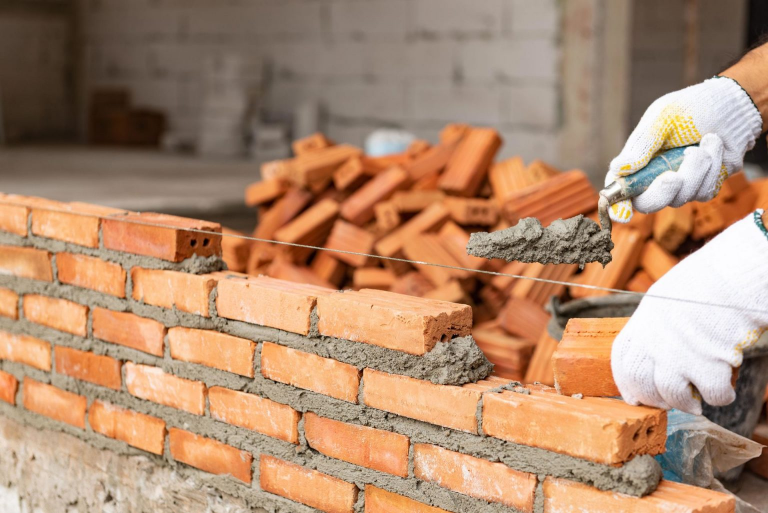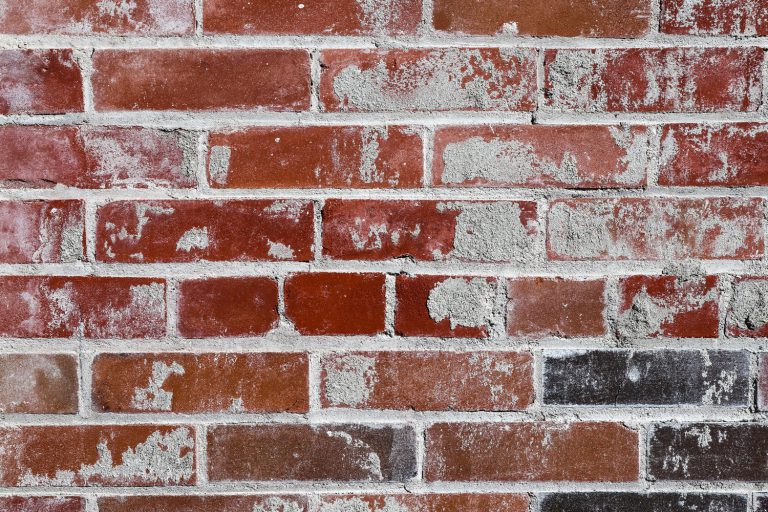
June 10, 2021
The Most Common Commercial Masonry Issues Chicago
Masonry remains one of the toughest structures on the planet, but there are certain commercial masonry issues that cannot always be avoided, such as mold, efflorescence, vertical cracking, spalling, and so forth. Here are the most common commercial masonry issues in Chicago.
1. Efflorescence
Efflorescence can occur immediately after construction as well as at any other time. When water seeps through masonry, it eventually evaporates, but the salts in the water are left behind.
When water evaporates, it travels to the masonry’s surface, carrying the salts with it. These salts are visible as the white stain known as efflorescence. Efflorescence problems can sometimes be traced back to excessive use of acidic cleaners, which can cause staining by depositing compounds like vanadium and manganese.
You can prevent or reduce efflorescence through proper use of materials, detailing, and construction.
2. Vertical Cracking Along Corners of Masonry Buildings
Vertical cracks forming in the corners of masonry walls are frequently caused by missing or ineffective vertical expansion joints. Clay masonry is at its smallest when it is first fired and installed.
Moisture causes materials to expand over time, which is why vertical expansion joints are required to accommodate this expansive movement. Without proper joints, the masonry will grow toward the corner, resulting in vertical cracks.
Drying shrinkage is another cause of cracked corners. Concrete masonry is the inverse of brick masonry; it is the largest at the time of installation. Concrete masonry shrinks over time, so proper control joints and bed joint reinforcements are required to keep corners from cracking. Masonry and lintel repair always go hand in hand in Chicago.
3. Mold Growing On Bricks
Mold typically begins as condensation, or moisture in walls, which leads to efflorescence, plaster deterioration, and, eventually, mold development. Condensation issues can arise as a result of moisture migration when interior air moves through-wall systems during a cold front. This is more common in high-relative-humidity buildings, such as hospitals.
There are numerous scenarios that result in walls retaining moisture, and moisture is a key component to mold growth. Problems are exacerbated if water cannot seep out of the walls through evaporation.
Common masonry issues can be largely avoided with good construction and design, as well as proper upkeep and maintenance. Delta Masonry & Tuckpointing has built a reputation for providing the highest quality masonry. It has been known to be an expert in masonry and lintel repair Chicago, with its legion of satisfied and loyal customers.



